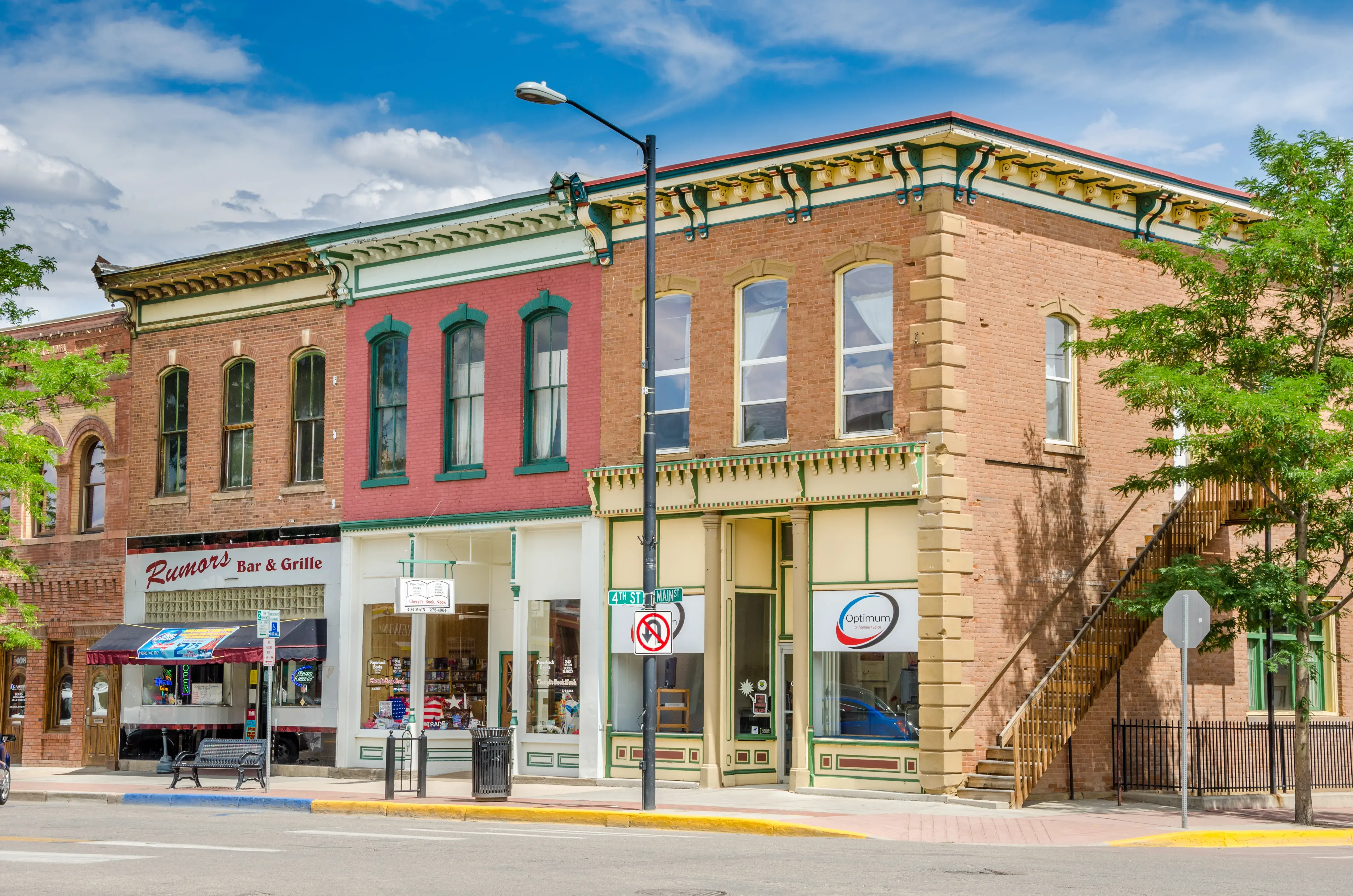Southeast Colorado is a land of wide-open spaces. Home to the Wet Mountains and Spanish Peaks, the area is rich with charming towns and friendly faces. Visit any town and find local cafes, restaurants and places to shop nestled together right on main street. On the many visits we’ve made to the region, we learned the locals are easy to engage with and enjoy sharing stories about their community.
Located in Fremont County, Cañon City is home to seven of Colorado’s 23 public and private correctional facilities. Eager to understand what happens when inmates are released, the impact on local communities and supports for the prison workforce, we embarked on a journey to learn more.
We decided that one of the best ways to learn about the experience of inmates when they’re released is to learn about their experience while they’re incarcerated. After a few conversations with Colorado Department of Corrections staff, we arranged a tour of the Fremont Correctional Facility in Cañon City.
What we found was a significant gap between our expectations going in and what we walked away with.
We expected to find inmates sitting around in cold, concrete cells and staff burnt out by the perils of a challenging career. And we expected to find a local community that lacked support for people who are incarcerated. All of our assumptions quickly dissolved when we learned that connections between the staff, inmates and community are genuine and based in dignity.
Part of our tour was talking with inmates that work for Colorado Correctional Industries (CCi), who operate various businesses and employ 1,800 inmates. We spoke with inmates to better understand what it was like working for CCi. We learned from many that CCi has transformed their lives and “taught them about a work culture.” Inmates also shared with us their experiences in taking life-skills and educational classes. From our conversations, it was clear they highly value opportunities to become more well-rounded individuals while serving time.
After the visit, we spoke with local residents about their perspectives on having seven prisons in their town. Again, we were surprised by what we heard.
A teacher from a local school shared that “one way or another – everyone has a connection to one of the prisons.” She noted that the public and private correctional facilities are large employers, thus a major boost to the local economy. And a healthy economy attracts tourism to the region.
While we expected to find a disgruntled workforce, idle inmates and an unsupportive community, we found the opposite. We found a system made up of many positive connections: prison staff that is respectful to the inmates, an internal employment program that empowers incarcerated individuals in a meaningful way and a community that embraces the industry as a whole.
It was evident from our visit that inmates in the Fremont Correctional Facility have access to a wide variety of services. Moving forward, we hope to better understand what services are available to them upon their release and investigate what it takes to help newly released individuals reintegrate into the community – whether that’s finding affordable housing, gainful employment or access to quality primary and behavioral health care services.
We want to understand what supports are available for these individuals as they are released so we can learn where gaps exist and how we can work together, with the local community, to address them.
In Cañon City, the Foundation currently partners with schools and local health providers on improving wellness and access to care. We want to further explore these connections – including CCi’s connection with the community – to pinpoint potential avenues for partnership to help bring health in reach to all residents in Fremont County, including imprisoned individuals or those transitioning back into the community.

